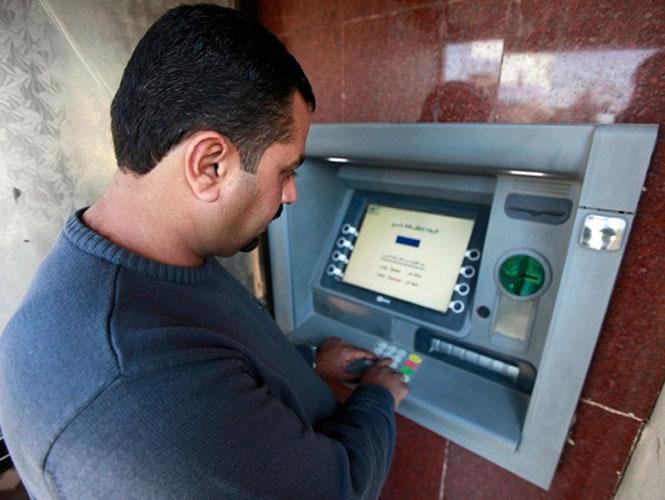
Should you be charged for withdrawing your own money?
The Reserve Bank of India’s recent directive suggests that since you are using an additional facility of ATM, there should be charges.
Banks justify the additional expenses by saying that since additional costs have to be incurred to maintain and provide ATM kiosks, account holders need to work out how to deal this new directive.
Please . . .
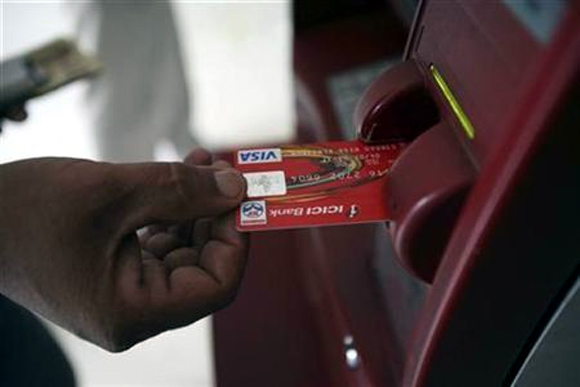
From November, you will be charged a fee of up to Rs 20 for more than five transactions in your own bank ATM and three transactions in non-home bank ATMs in six metro cities.
These include all kinds of ATM transactions. In short, you will be allowed eight free transactions, after which there would be a levy, which should suffice for most people.
But if you are someone who uses the ATM almost every day to restrict expenses or maintain a budget, you might have to rework your strategy.
One solution can be to withdraw higher amounts.
Please . . .
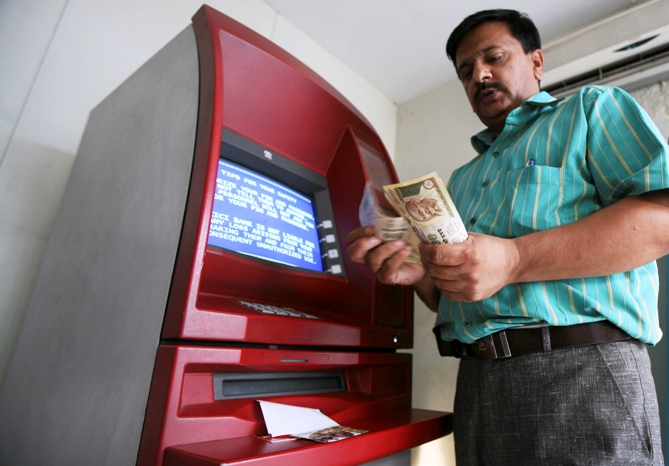
ATMs today allow customers to carry out a number of transactions, beside cash withdrawal.
Some of the common transactions include checking balance, payment of credit card bills, cheque book request and so on.
Most transactions can be done through net banking or phone banking as well, which are not still so expensive.
So, use these facilities.
For example, after withdrawing cash, don’t use the ATM to check the balance. You will get an SMS alert from your bank for this.
Please . . .
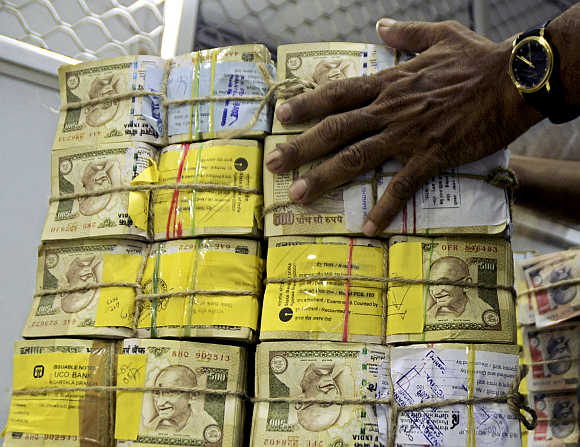
Save these messages so that you don't need to do an ATM transaction every now and then to know the balance. Charges for SMS alerts are lower.
For instance, ICICI Bank charges Rs 15 a quarter for SMS alerts. Also, use your debit card more.
Today, most merchants, even small ones, accept debit card payments.
“The idea is to bring down overall cash transactions and encourage electronic transfers.
"Today, banks with a lot of branches in big cities are earning a lot of interchange fees from non-customers using their ATMs,” says V N Kulkarni, debt counsellor with Abhay, a Bank of India-promoted debt counselling centre.
Please . . .
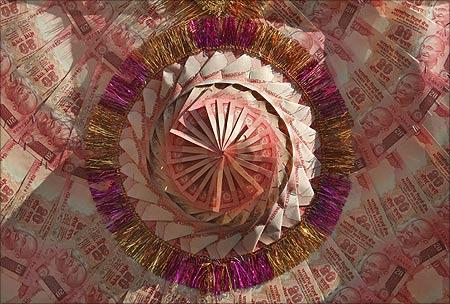
Going to bank branches is also not a solution as banks such as ICICI Bank allow four free transactions in a month at a base branch (branch in the same city).
Thereafter, the charge is Rs 90 per transaction.
If it is a non-base branch (branch in another city), the bank allows only one free cash deposit/withdrawal in a month.
Thereafter, the bank charges Rs 5 per Rs 1,000 for each withdrawal and deposit.
In case of State Bank of India, the encashment of a cheque at non-home branches is free up to Rs 50,000 and Rs 2 per Rs 1,000 above Rs 50,000.
Please . . .
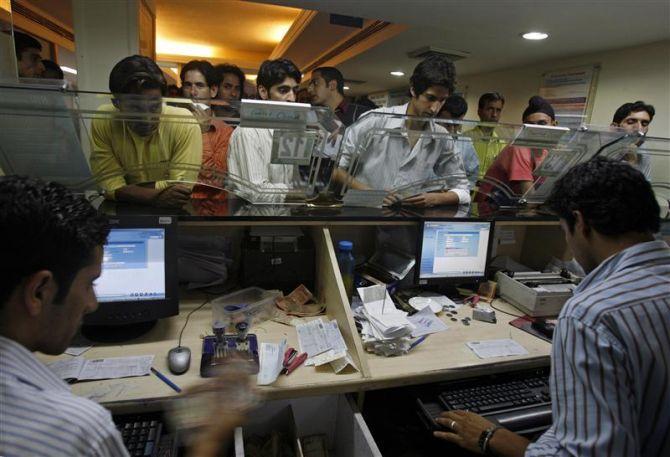
Deposit of cash at non-home CBS (core banking solution) branches is Rs 2 per Rs 1,000. For transfers or payment, use NEFT, which can be cheaper.
For instance, ICICI Bank charges between Rs 2.5 for amounts up to Rs 10,000 and Rs 25 for amounts above Rs 200,000.
If you have a salary account with a bank, there is a likelihood that such charges will not be applicable.
But there will still be charges on transactions on non-home bank.
In such a case, use the home bank.